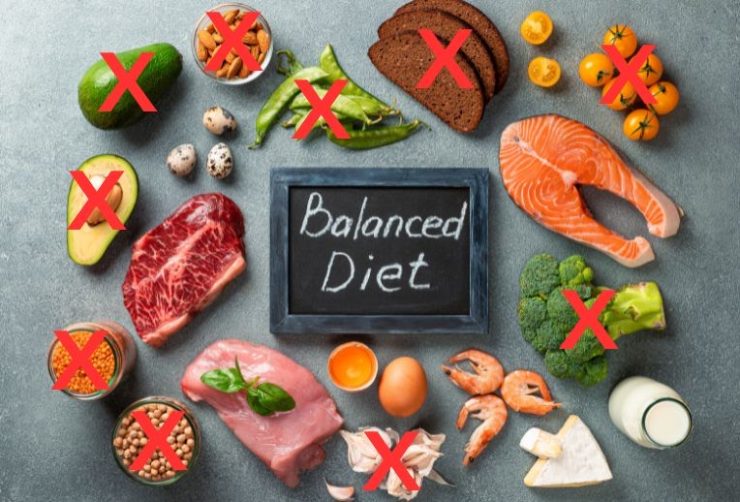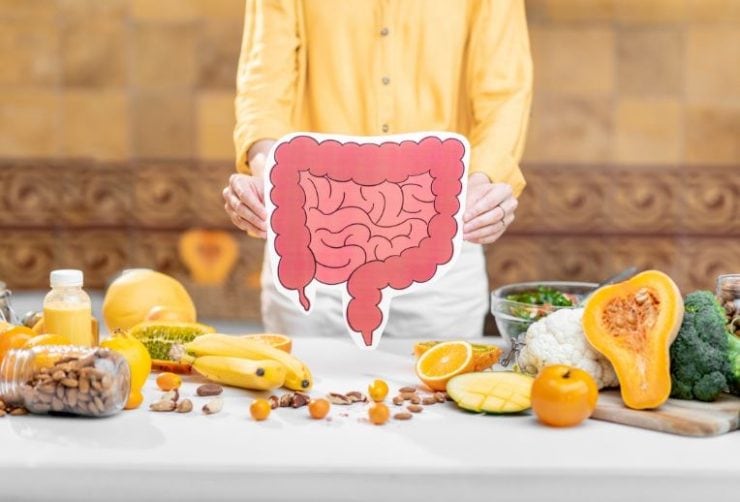A newly popular diet
In recent years, the carnivore diet has gained popularity among health enthusiasts. At its core, the carnivore diet is remarkably simple: it’s all about consuming only animal products. This means your plate is filled exclusively with meat, fish, eggs, and some dairy products. But what does this mean for our gut health?









 When we switch to a carnivore diet, we drastically reduce our intake of dietary fibre. Fibre is the primary fuel for our gut bacteria, particularly those producing short-chain fatty acids (SCFAs) like butyrate, which are essential for gut health. A lack of fibre can lead to a decrease in microbial diversity and potentially have negative effects on the gut barrier, which protects us from harmful pathogens.
When we switch to a carnivore diet, we drastically reduce our intake of dietary fibre. Fibre is the primary fuel for our gut bacteria, particularly those producing short-chain fatty acids (SCFAs) like butyrate, which are essential for gut health. A lack of fibre can lead to a decrease in microbial diversity and potentially have negative effects on the gut barrier, which protects us from harmful pathogens.




